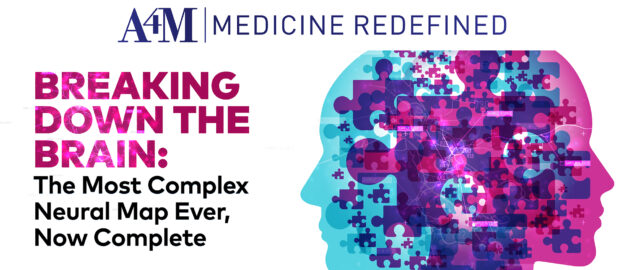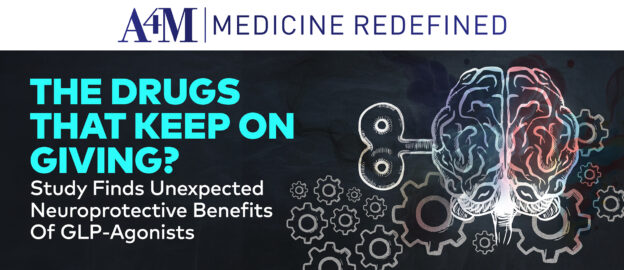Investigators at the forefront of neuroscience have just unveiled the most comprehensive neural map ever created – a milestone achievement comparable in scope and impact to the Human Genome Project.
As part of the MICrONS (Machine Intelligence from Cortical Networks) project – funded by the U.S. Defense Advanced Research Projects Agency (DARPA) under the BRAIN Initiative – scientists have completed the most detailed reconstruction to date of a mammalian brain region. The collaborative effort brought together over 150 researchers across multiple institutions to focus on a one-cubic-millimeter section of mouse visual cortex.
Despite its size being smaller than a grain of rice, the mapped volume contains approximately 200,000 cells, four kilometers of axons, and more than 523 million synapses. It is the most comprehensive cellular and synaptic wiring diagram ever produced for a piece of mammalian brain tissue and the first to integrate both structural and functional data at this scale.



